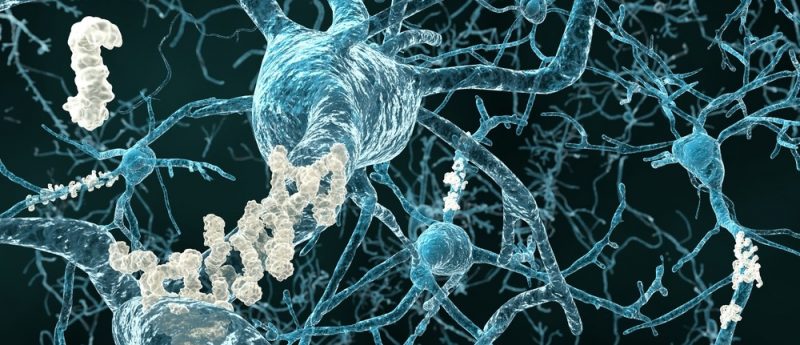Newly identified biomarkers could aid Alzheimer’s diagnosis

A new study, published in Science Advances, by researchers from Ohio State University (OH, USA) has identified a set of biomarkers that could be ultilized to confirm Alzheimer’s disease.
It was observed that changes in cerebral spinal fluid (CSF) proteins, found in the spinal fluid and blood of patients with Alzheimer’s, could distinguish specific stages of the disease. More specifically, it was observed that as the severity of Alzheimer’s increased, the CSF proteins were observed to be longer, more rigid and clustered.
The team developed an algorithm using medical data collected in a previous study conducted by co-author Douglas Scharre (Ohio State Wexner Medical Center, OH, USA). This algorithm integrated concentrations of the CSF proteins, as well as other factors, such as scores from cognitive assessments in order to rate the severity of Alzheimer’s disease and identify different stages. It is also hoped it will be able to predict disease progression.
“With a tool like this you may predict how fast this disease will go, and currently we can’t do that – we just know everyone is different. Looking at multiple indicators of the disease all at once increases the reliability of the diagnosis and prognosis,” commented lead author, Mingjun Zhang (Ohio State University).
Discussing the data Scharre commented: “It was fairly easy to see changes between normal aging and different stages of Alzheimer’s disease using these biomarkers, and to see significant changes.”
At present, the diagnosis of Alzheimer’s disease and determining a patient’s prognosis is highly uncertain. This leads to difficulties in personalized care and patients receiving effective treatment prior to significant cognitive decline.
Scharre went on to comment: “Early evidence from tests of experimental drugs designed to alter the disease indicate that they would work best in the early stages as well. Ideally, these biomarkers and algorithm – or something similar – could speed up discovery of new treatments to improve the outlook for those with later stages of Alzheimer’s disease. Having an easily observable biomarker that changes quickly over time would be a powerful tool for those trying to monitor the impact of their experimental treatments.”
Co-author Jeff Kuret (Ohio State University), concluded: “The goal is to have a sensitive test that could be applied at the early stages of Alzheimer’s disease and would not be too expensive. To be able to follow individual patients from pre-symptomatic through all stages of Alzheimer’s progression would be incredibly helpful.”
Sources: Yue T, Jia X, Petrosino J et al. Computational integration of nanoscale physical biomarkers and cognitive assessments for Alzheimer’s disease diagnosis and prognosis. Sci. Adv. 3(7), e1700669 (2017); https://news.osu.edu/news/2017/07/28/alzheimers-biomarkers/





